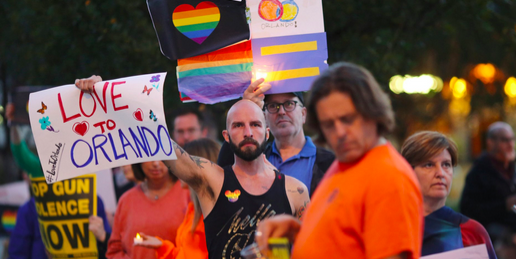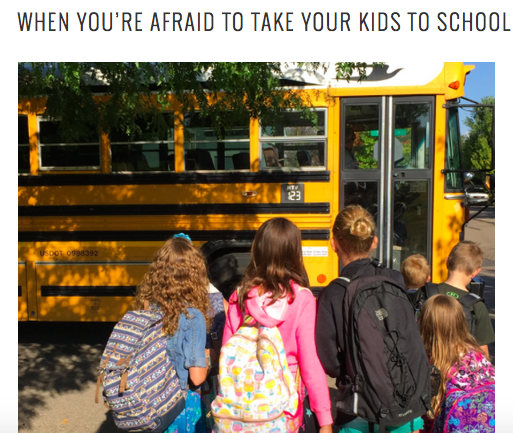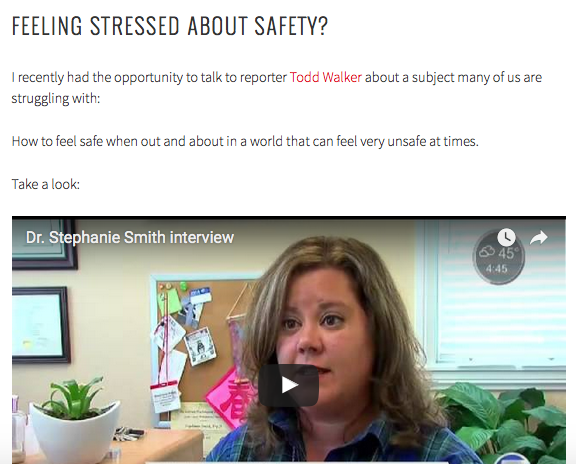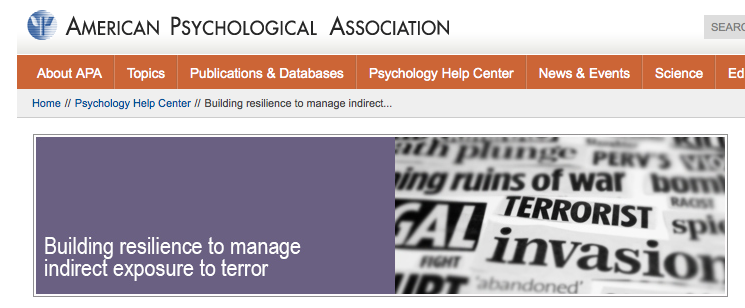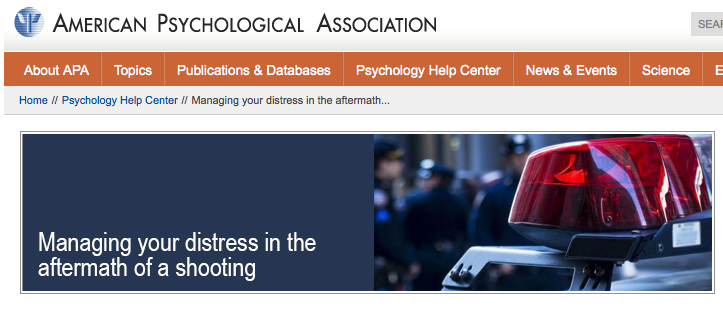Several weeks ago I posted a review of the book Far From the Tree by Andrew Solomon. I cannot say enough good things about his work – it is simply superb. To read my review of his book about children and parents, click here.
Today I feel privileged to have Mr. Solomon here to answer some questions! Welcome, Mr. Solomon!

Andrew Solomon is a writer and lecturer on psychology, politics, and the arts; winner of the National Book Award; and an activist in LGBT rights, mental health, and the arts.
Dr. S.: I read your book through the lens of a psychologist who works with families in situations similar to the families in your book. I have also recommended your book to families with children who have fallen “far from the tree.” I can see that there are many people to whom this book would be of interest. Did you have a particular audience in mind when you were writing? Who did you envision reading this book?
A.S.: I knew, of course, that the first audience for the book would be families dealing with the differences about which I wrote, and I’ve had many letters now from families of people with autism, schizophrenia, Down syndrome, dwarfism, criminality, and transgenderism. But my theory is that the book is for a wider audience than that. Much as we test flame-retardant pajamas in an inferno to make sure our child’s sleeve won’t catch fire when he reaches across the stove, so we can understand the profound ways that all parenting is about accommodating difference by looking at these more extreme cases. So my audience really is anyone who has been a parent or a child.
Dr. S.: I found all of the chapters to be riveting and gut-wrenching for one reason or another. Was there one topic that was most emotional for you to write about?
A. S.: Each is gut-wrenching in its own way. But some of the chapters ultimately describe great redemptions: how people find meaning in Deaf culture, how the lives of dwarfs may be particularly rich, how people who are transgender have an apotheosis when they transition. There’s less to be said in favor of having a child conceived in rape, and the chapter on those children was a very tough one, although many of the mothers I interviewed had ended up very much attached to the children they had. The chapter on crime was painful because crime also confers few advantages. And I found schizophrenia terrifying, because it sets in so late, leaving everyone with an unending sense of loss.
Dr. S.:Â At the end of your book, you wrote about the birth of your son and how your book research affected how you reacted to a medical scare immediately following delivery. Now that he is 3, in what other ways has your research affected your parenting and your reactions to his development?
A.S.: I have perfectionist tendencies, but the book made it clear to me that no one is perfect and that aspiring to a narrow vision of how your child should be is a recipe for disaster. I think I’m a more open, more generous parent as a result of all I saw. I have many hopes for my children, but I think I’ll be able to love them whether they share those hopes or not. The book very much helped me to see my children as separate beings, with their own wishes and ambitions and character.
Dr. S.:Â What are you working on now? Any new books in the works?
A.S.: While I was working on Far From the Tree, I was also doing a PhD in psychology at Cambridge. My research involved doing longitudinal interviews with a group of 24 women, talking to each of them before the birth of a first child, immediately after that birth, and every six months going forward. The process has been rich, and I hope now to do a book for a broader audience on the way women emerge into motherhood, how that identity is shaped over a period of years.
Dr. S.:Â I often write about stress management. We all know that yoga and meditation are great – but I am more interested in unique, creative methods of managing stress. For example, some people like to make chocolate, others like to work on cars. What are your go-to methods of managing the stress in your busy life?
A.S.: Sleep, good nutrition, and exercise: those are the three. Sleep is just about my favorite thing to do; eating well can be a pleasure, though I miss gratifying my taste for sugar; exercise is anathema. But I know that’s the triumvirate that gets me through. I take meds, too–they have helped me to be more balanced and less frantic. And I’ve learned to tolerate the feeling of being stressed out, always knowing that it’s temporary, and that whatever I am stressed about today, I’ll be stressed out about something else tomorrow!
Thanks for your time, Mr. Solomon. I can’t wait to see your next book on motherhood!
To learn more about Andrew Solomon, check out his site. To order his book, Far From the Tree, click here.

